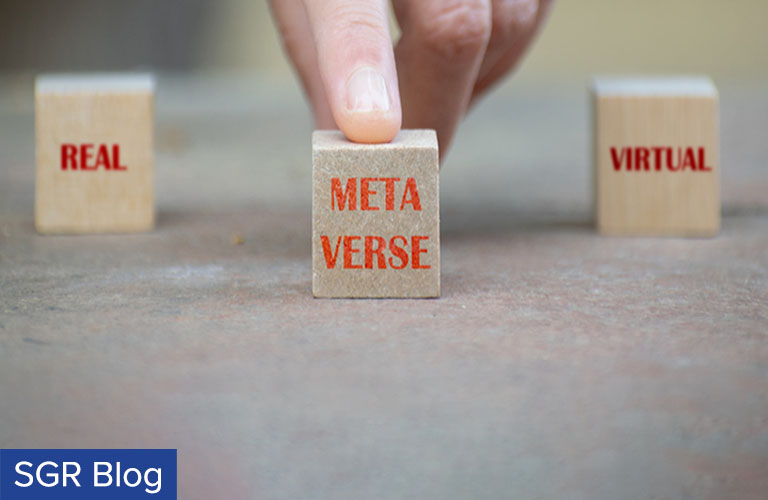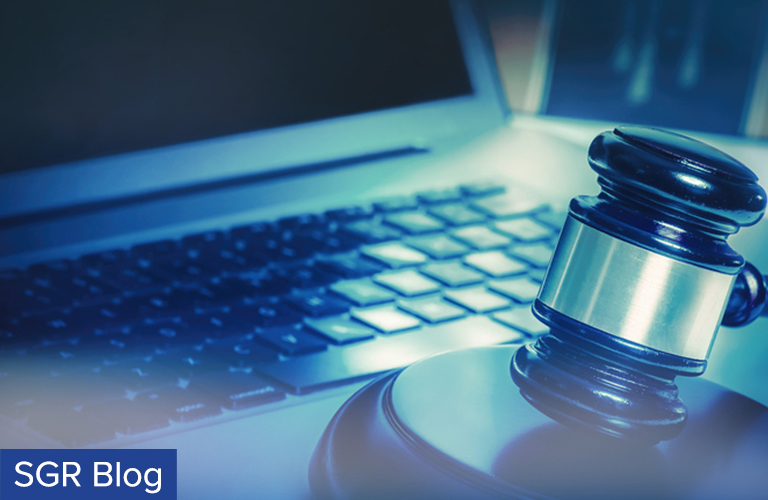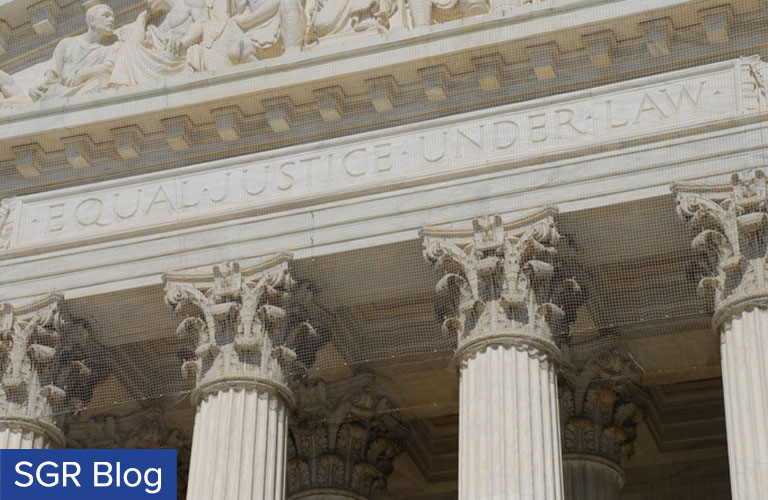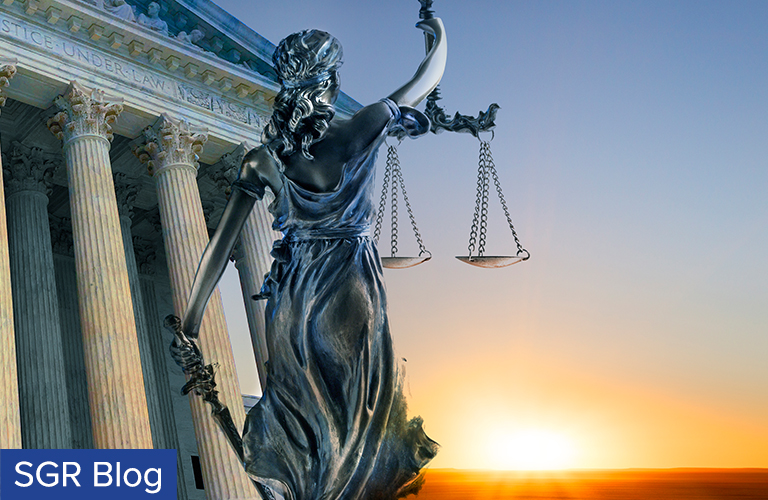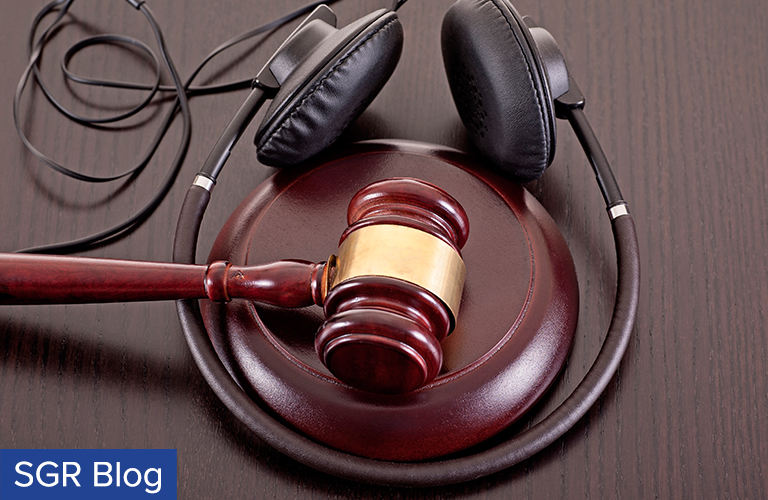
Jessica Hinton, et al., Plaintiffs, vs. Completely Innocent LLC, Defendant United States District Court for the District of Arizona No. CV-21-01019-PHX-SPL Opinion issued January 7, 2022 Arizona Right of Publicity, Lanham Act false endorsement After the defendant Completely Innocent LLC dba Club Luxx failed to file an answer, the four professional model plaintiffs filed a motion in the District of Arizona on June 11, 2021 for default judgment for damages and permanent injunctive relief. The plaintiffs argued that Completely Innocent had used their images to promote the Club on the Club’s social media pages without permission and that such use… Read more


